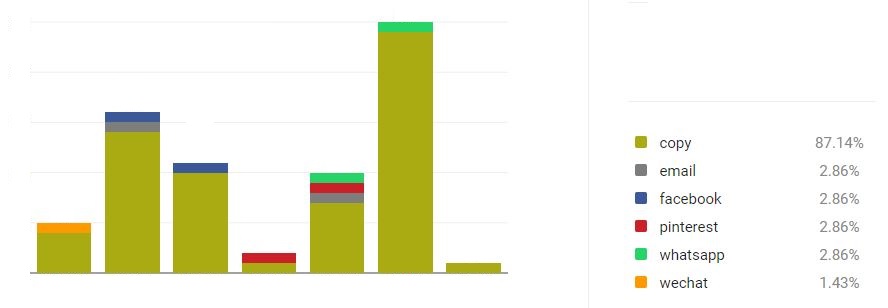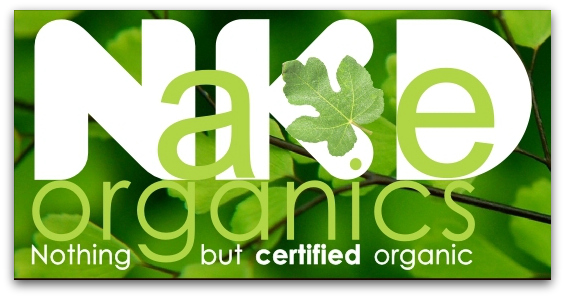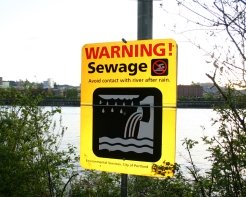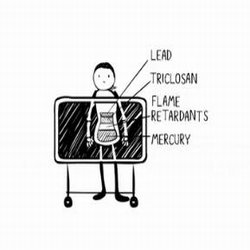|
|
www.moyoway.com |
Buy your Certified Organic |
|
|
CLICK FOR NAKED www.moyoway.com |
Moyo is an African origin word which implies that the
"heart and mind act as one to cultivate the spirit”
What do the Experts Say about the Makeup Safety of Phthalates?
>Home Page >>Makeup Safety >>>Makeup Safety of Phthalates
Makeup safety of Phthalates is an ongoing topic within the cosmetic industry. A recent study by the Brigham and Women’s Hospital found that women with increased concentrations of Phthalates were more likely to suffer from diabetes.
The researchers acknowledge that Phthalates are also found in some types of medical equipment and medicines that are used to treat diabetes which could have resulted in the higher levels of Phthalates. This means that one cannot jump to conclusions but it does show that more research is needed.
Over 2,300 women participated in the study. The results of the study are quoted as follows :
- “Women who had the highest levels of the chemicals mono-benzyl Phthalates and mono-isobutyl Phthalates had almost twice the risk of diabetes compared to women with the lowest levels of those chemicals.
- Women with higher than median levels of the chemical mono-(3-carboxypropyl) Phthalates had approximately a 60 percent increased risk of diabetes.
- Women with moderately high levels of the chemicals mono-n-butyl Phthalates and di-2-ethylhexyl Phthalates had approximately a 70 percent increased risk of diabetes.”
What are Phthalates?
Phthalates is a commonly used plasticiser. They are commonly found in personal care products such as moisturisers, nail polishes, soaps, hair sprays and perfumes.
Phthalates are available in a variety of forms. For the purpose of this article, we regard all Phthalates as the same, regardless of its form.
What is the fuss about makeup safety of Phthalates?
Phthalates are on the watch list because it is a strong suspected endocrine disruptor. Endocrine disruptor’s have very serious effects on the human body. They interfere with the hormone system in animals and humans.
Interfering with the body's hormone system can cause cancerous tumours, birth defects and developmental disorders such as :
- learning disabilities
- severe attention deficit disorder
- cognitive and brain development problems
- deformations of the body (including limbs)
- sexual development problems
- feminising of males
- masculine effects on females
There have been extensive studies describing Phthalates as an additive. This means that when mixed with other chemicals, it creates unknown cocktail effects. One of these unknown effects is a possible link to breast cancer.
Are Governments doing anything about the makeup safety of Phthalates?
Yes, they are starting to. They are and have been :
- Banned (Dibutyl - DBP) in the European Union in all cosmetics
- Restricted in the European Union for use in children's toys since 1999
- Added to the California Proposition 65 (1986) list of suspected teratogens (causes abnormal cellular growth in the foetus which results in physical abnormalities) in November 2006
- Banned in the USA in children's toys and childcare articles, in concentrations of 1000 ppm or greater.
Are there any other references to makeup safety of Phthalates?
A study on CDC data revealed that American men with abdominal obesity or insulin resistance (a precursor to diabetes) were more likely to have high levels of DEHP (Di(2-ethylhexyl) Phthalate) and DBP (Di-n-butyl Phthalate) metabolites in their urine than men without those problems.
What do the cosmetic manufacturers say about makeup safety of Phthalates?
Unfortunately, they say nothing of any real value other than, in the EU :
- they carry out a rigorous safety assessment
- by professionally qualified safety assessors
- mono-benzyl Phthalates, mono-isobutyl Phthalates, mono-n-butyl Phthalates and di-2-ethylhexyl Phthalates are not used anywhere on the continent (according to them)
- di-2-ethylhexyl Phthalates is banned from use in cosmetic products in Europe
The industry continues to deny that there are no direct links between diabetes and the use of Phthalates in personal care products.
There is no worldwide consensus concerning makeup safety of Phthalates
The U.S. Food and Drug Administration (FDA) says "...FDA does not have compelling evidence that Phthalates, as used in cosmetics, pose a safety risk."
Moreover, DEP (Diethyl Phthalates) has been reviewed by other scientific authorities, including the Cosmetic Ingredient Review (CIR) Expert Panel in the U.S. and the Scientific Committee on Consumer Safety (SCCS) in the EU, and found to be safe for use in cosmetics.
But, a 2010 study published in Environmental Health Perspectives implicates Diethyl Phthalates (DEP) to be associated with increased risk of breast cancer.
Form your own opinion
Until a dead body rolls up on the beach that some expert can definitely say that cause of death are Phthalates, this debate will continue without any answers.
The experts cannot agree so there seems no point to take sides unless you are willing to be the volunteer and roll up on the beach some day.
In the mean time, next time you read the ingredients on your cosmetic container :
- Look out for the word Phthalates
- Count the number and types of Phthalates on all the cosmetic containers in your house
You will be surprised by how many there are and how many other toxins are building up in your body.
Tired of toxic ingredients in your cosmetics?
If you are and you would like to expand your understanding, as opposed to looking for a quick fix, then have a look at the links below to learn more.
What is a natural beauty product?
How does one even begin a life of Natural Health?
Makeup Safety of Phthalates in Makeup (Back to Top)













